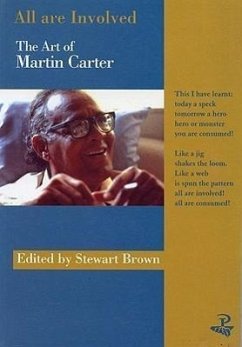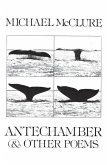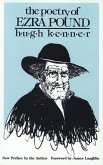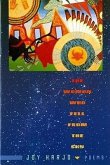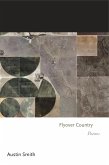The Guyanese poet Martin Carter was without question one of the major poets of the English language of our time. In the Caribbean, Carter has long been regarded as one of the great poets who chronicled the journey from colonialism to independence, alongside such figures as Aime Cesaire, Derek Walcott, Nicholas Guillen and Kamau Brathwaite. While his earlier poems have become classics of socialist literature, translated into many languages, and are among the foundation stones of Caribbean poetry, they have hardly been acknowledged in more general accounts of poetry in English. It was too easy for lazy critics and anthologists to dismiss him as 'merely' a political poet, one who swore, as he put it in one poem, to use his shirt as 'a banner for the revolution.' In fact, looking at Carter's work overall it is hard to think of a contemporary poet writing in English who showed more concern for craft, who measured his utterance with greater care. His later work, while it never lost its political edge, was more oblique and cerebral than the overtly political poems of his youth. It sits comfortably alongside that of fellow South American poets Valejo, Neruda and Paz. They are his contemporaries in every sense; his work is of that originality, stature and elemental force. This book sets out to celebrate Martin Carter's life and work and to establish a context for reading his poetry. It locates the several facets of Carter's work in the historical and cultural circumstances of his time, in Guyana, in the Caribbean. It includes essays by many leading academics and scholars of Caribbean literature and history. It is distinguished particularly by a collection of responses to Carter's work by other creative writers, both his contemporaries and a younger generation for whom Carter's work and commitment has been a powerful influence on their own thinking and practice. As well as demonstrating the profound respect in which he is held as a writer, what emerges most strongly from this group of essays and poems from his fellow writers is the extent to which he was loved and admired as a man who - despite the turmoil Guyana has experienced over the last fifty years - remained true to his fundamental belief in the dignity of humankind. Contributors include John Agard, Edward Baugh, Kamau Brathwaite, Stewart Brown, Jan Carew, David Dabydeen, Fred D'Aguiar, Kwame Dawes, Michael Gilkes, Stanley Greaves, Wilson Harris, Roy Heath, Kendel Hippolyte, Louis James, Linton Kwesi Johnson, Eusi Kwayana, George Lamming, Ian McDonald, Mark McWatt, Mervyn Morris, Grace Nichols, Ken Ramchand, Gordon Rohlehr, Rupert Roopnaraine, Andew Salkey and many others. "All Are Involved is a difficult book to review. Its contents are so packed, so vital, the statements so well made that paraphrasing them becomes an act of egregious violence. Here is Martin Carter, that "gifted, paradoxical man" (p.45), that "friendly, dreamful, dangerous man" (p.370), analysed, extolled, lavished with the recognition which eluded him in life because of the politics of his poetry, and the poignant truth and moral force of that politics. This book demonstrates how wrong we were to have neglected Carter's voice, how diminished. All Are Involved is a treasure so empowering, a tribute we pay through Martin Carter to all that is human in us. It is a most enduring legacy." Niyi Osundare, World Literature Today Stewart Brown is the editor of several major anthologies as well as critical studies of Derek Walcott, Kamau Brathwaite and Martin Carter.
Hinweis: Dieser Artikel kann nur an eine deutsche Lieferadresse ausgeliefert werden.
Hinweis: Dieser Artikel kann nur an eine deutsche Lieferadresse ausgeliefert werden.

